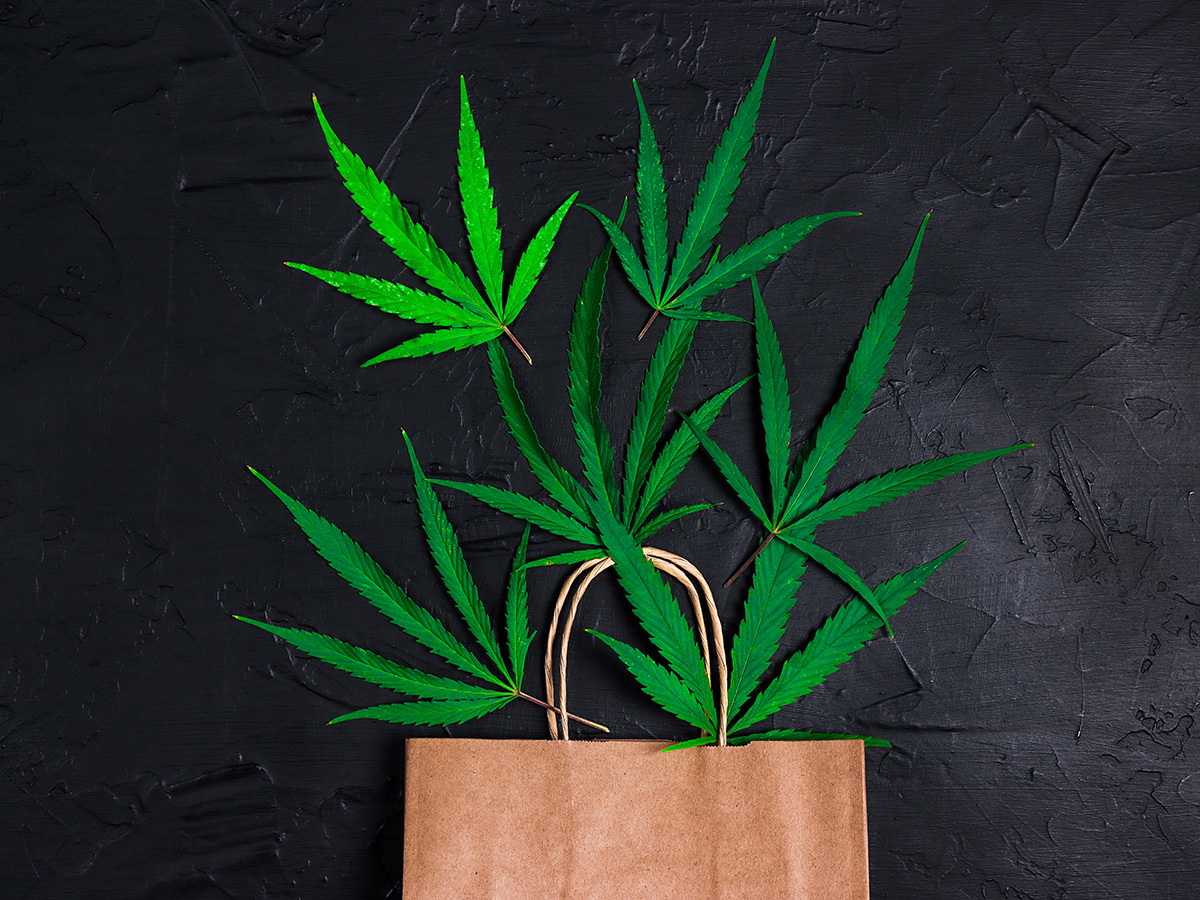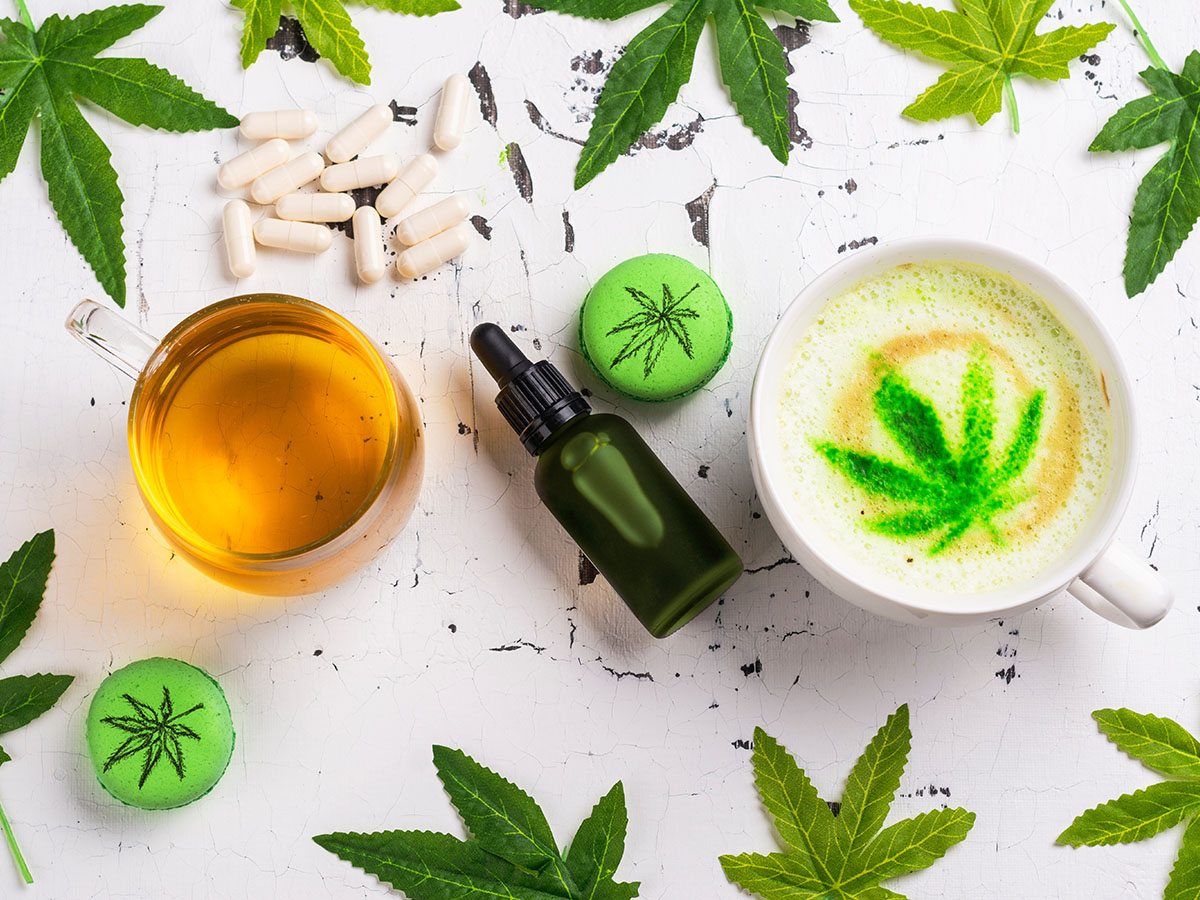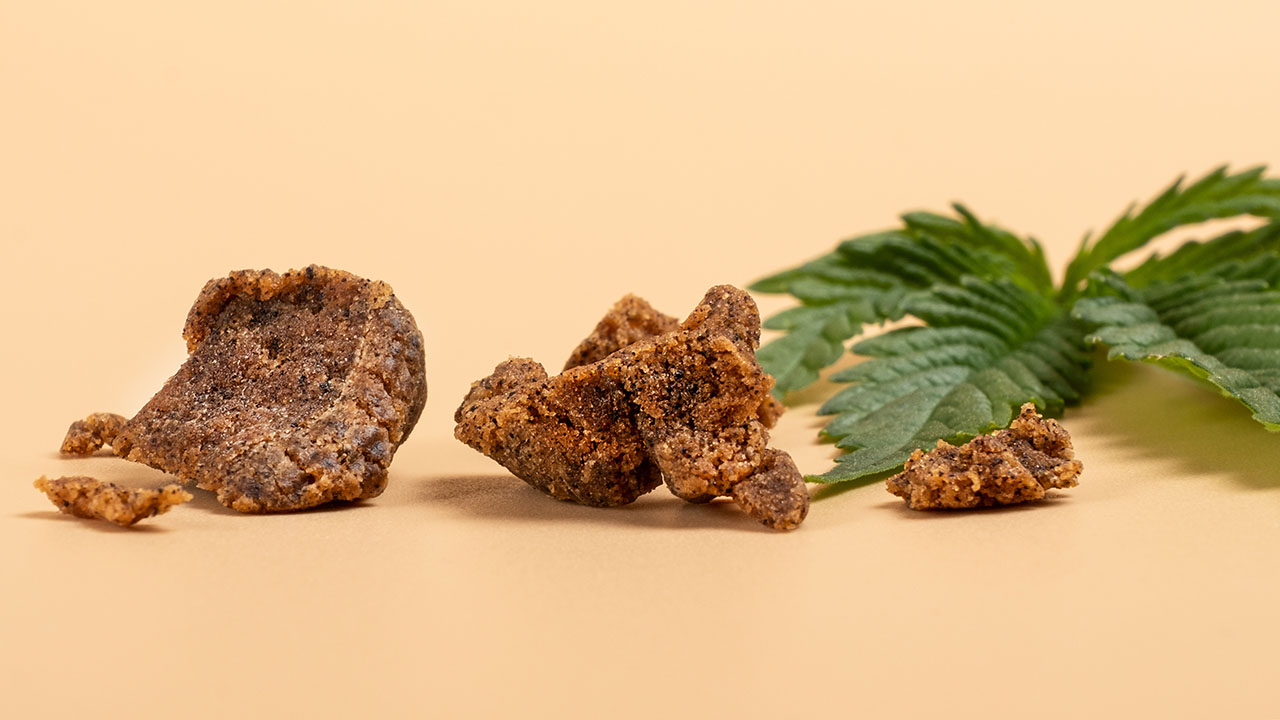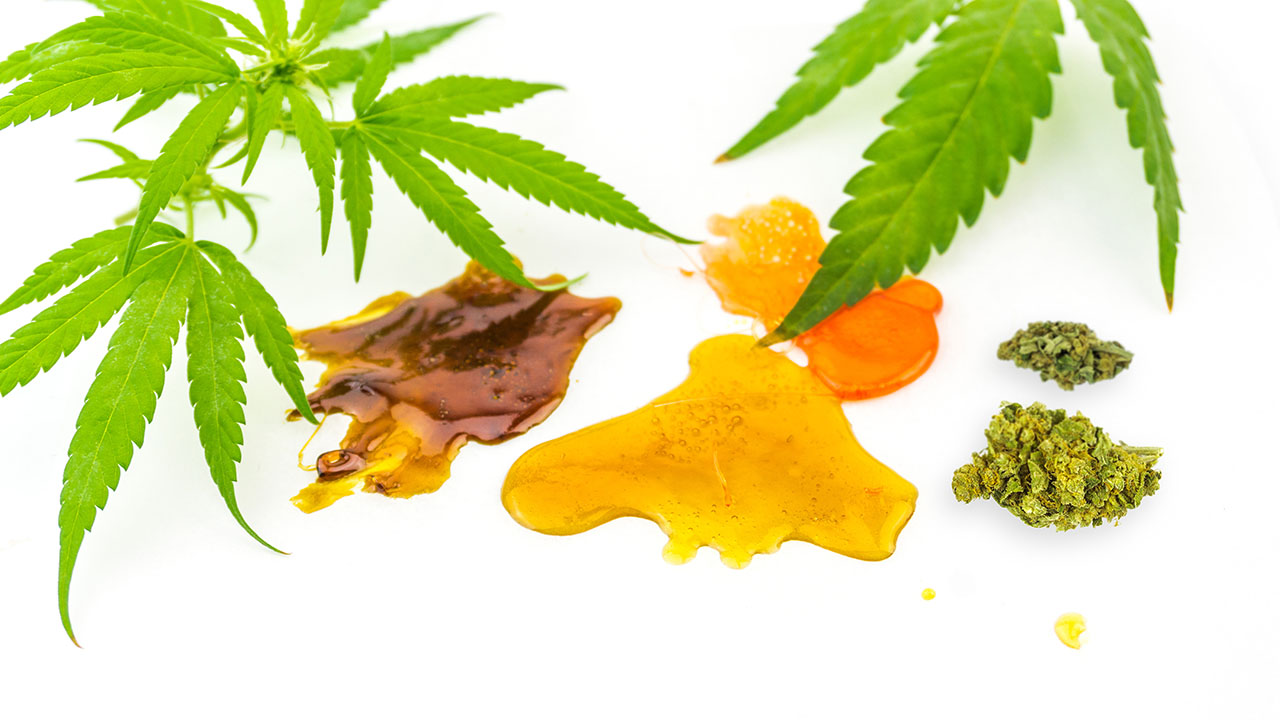
Rosin vs Resin: What’s the Difference?
December 30, 2024
When you explore cannabis concentrates, you’re likely to encounter two popular options: rosin and resin. While they may look and sound similar, these two concentrates are made through very different processes and offer unique experiences. Understanding their differences can help you decide which best suits your needs and preferences. In this guide, you’ll learn about the key differences between rosin and resin, including their extraction methods, flavor profiles, and popular ways to enjoy them.
What is Rosin?
Rosin is a popular cannabis concentrate known for its solventless extraction process, which makes it a favorite among cannabis enthusiasts looking for a natural concentrate option. Made by applying heat and pressure to cannabis material, rosin offers a flavorful, terpene-rich experience without the need for chemicals or solvents.1
There are a few main types of rosin:
- Flower rosin, created from cannabis buds
- Hash rosin, derived from hash
- Live rosin, made using freshly frozen cannabis to preserve as many terpenes and flavors as possible
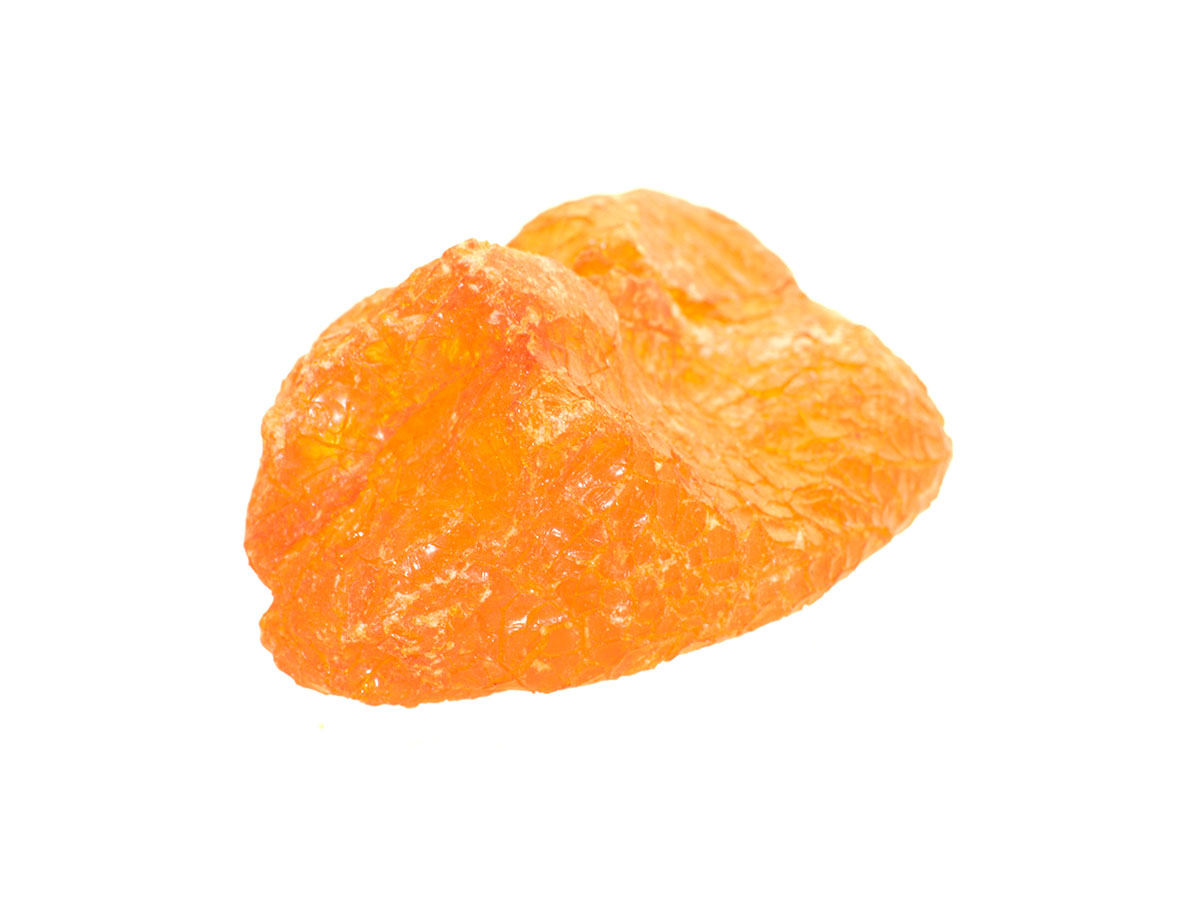
What is Resin?
Resin differs from rosin’s extraction process because it uses solvents like butane or ethanol to draw out cannabinoids and terpenes. This process results in a potent and flavorful concentrate but involves more technical extraction methods typically done in a lab setting.2
Different types of resin include:
- Live resin, which is made from fresh, frozen cannabis to preserve more terpenes and flavors.
- Cured resin, which is extracted from dried and cured cannabis material, provides a different flavor profile.
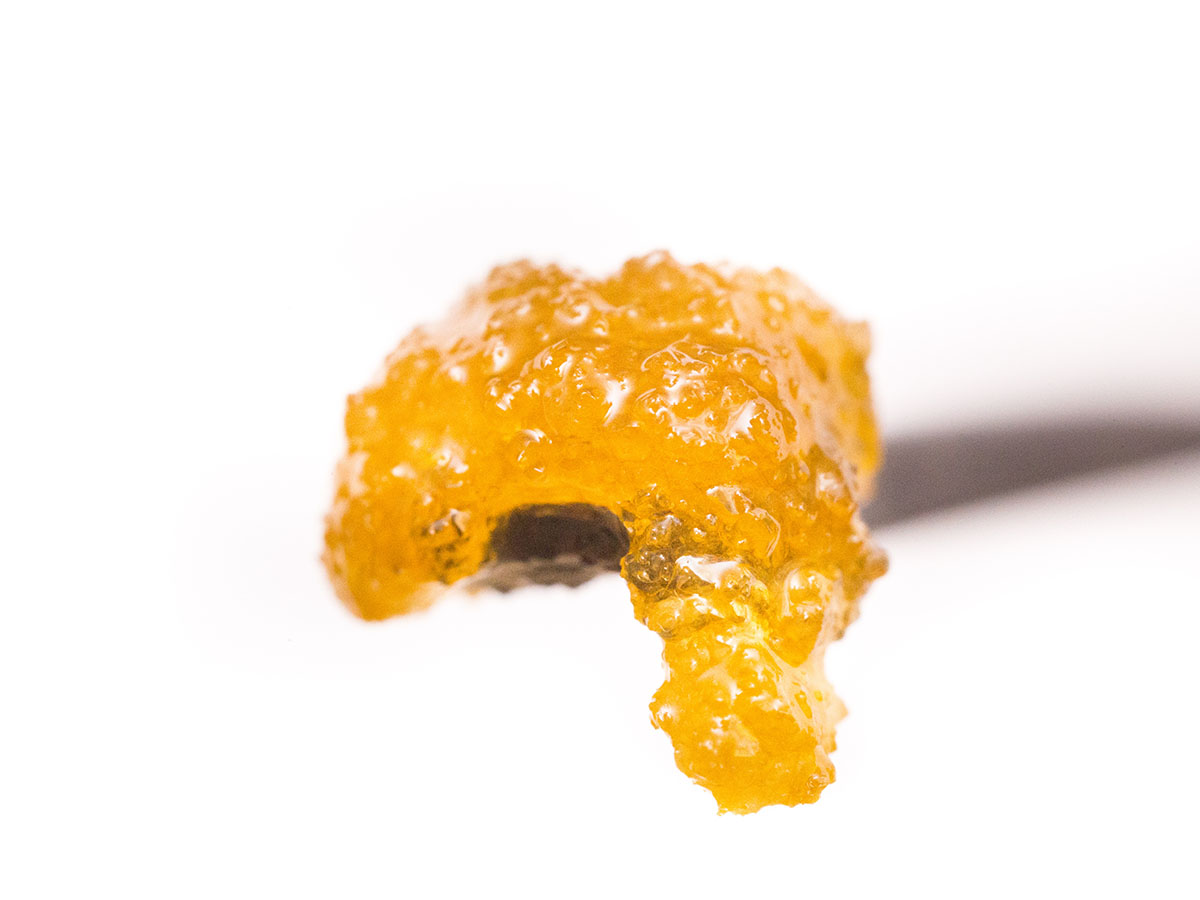
Rosin vs Resin: How Are They Made?
Rosin and resin have very different extraction processes, each creating a unique product.
Starting Material
When it comes to creating resin vs rosin, the starting materials play a big role in the final product. Resin is typically made from fresh, frozen, or cured cannabis. Rosin, on the other hand, can be made from various starting materials, such as flower, hash, or kief.3 These different plant forms are what contributes to the final product’s unique characteristics.
Extraction
The extraction methods for resin and rosin differ significantly, impacting both the production process and the experience they deliver. Here’s how each is extracted:
- Rosin: Created by pressing cannabis material with heat and pressure. Since this is a solventless process, it’s relatively safe and can even be done at home with the right equipment.
- Resin: Extracted using solvents, requiring specific lab conditions to ensure safety. The solvent is later purged from the product, but this method requires skill and careful handling.4
Key Differences Between Rosin and Resin
If you’re interested in comparing rosin vs resin, these concentrates vary in several important ways:
Terpene and Cannabinoid Profiles
Thanks to its solventless extraction process, rosin preserves the plant’s natural terpene profile, delivering an earthy and authentic cannabis experience that many users appreciate for its purity. Live resin, however, is primarily known for its intense, terpene-rich profile. Using fresh, frozen plant material in resin extraction helps capture a broader range of terpenes and cannabinoids. This results in a robust flavor and aroma that can enhance the overall experience for concentrate enthusiasts.5
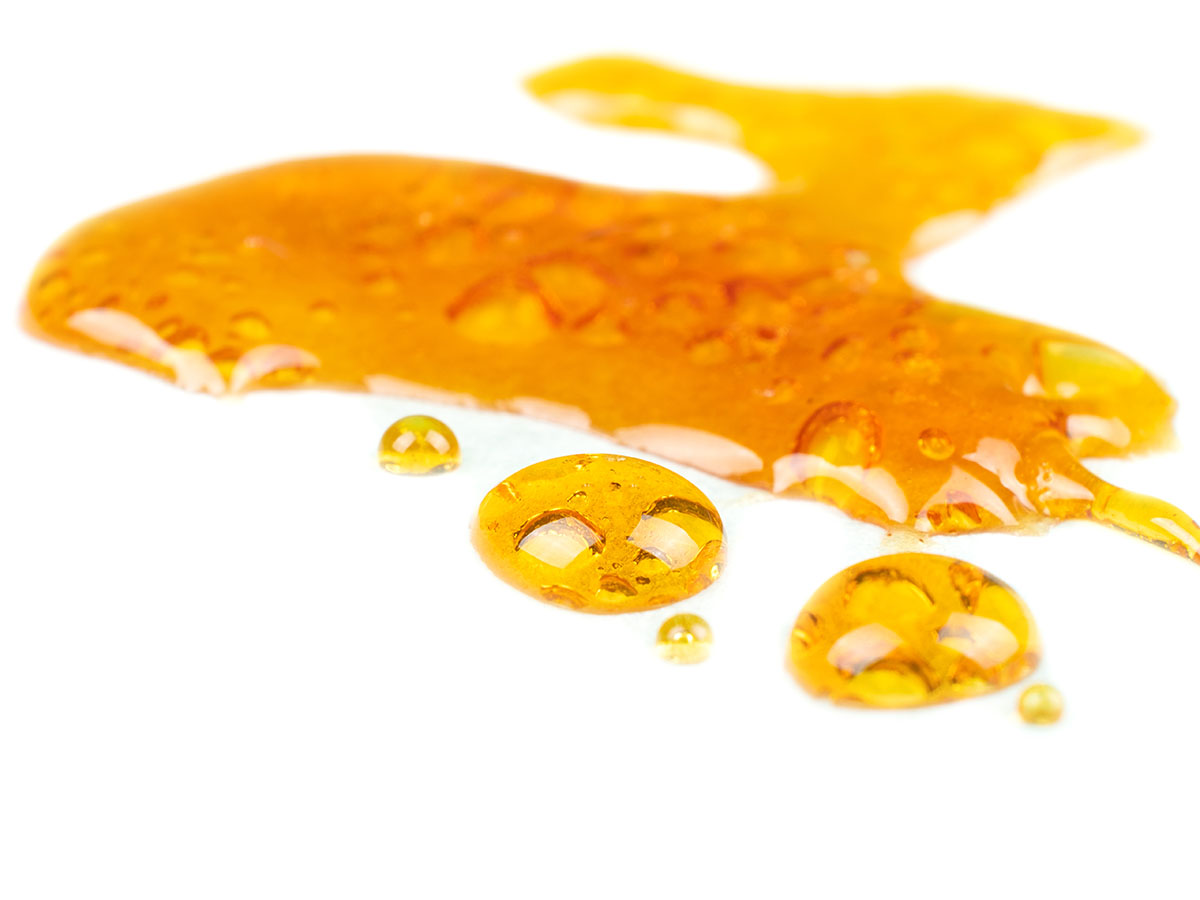
Flavor and Aroma
The extraction method has a major impact on the flavor and aroma of rosin and resin. Due to its solventless extraction, rosin offers pure, terpene-rich flavors, prized for its natural and unaltered profile. This makes rosin a popular choice for those who want an authentic taste that closely resembles the original cannabis strain. Resin, particularly live resin, provides a bold and intense aroma, capturing the essence of the fresh plant. Both concentrates offer unique sensory experiences, appealing to different preferences within the cannabis community.
Potency
Rosin and resin are both potent cannabis concentrates. On average, rosin contains THC levels between 70-85%.6 Live resin, however, may offer slightly higher THC levels because of its efficient extraction process.7 Potency can vary depending on the starting material and processing methods. For comparison, the average THC content in cannabis flower typically ranges from 14-20%, though some strains can be much more potent.
Cost
Rosin is often more costly due to the time-intensive extraction process, but it can be made at home, saving you some money. Resin, especially cured resin, is generally less expensive because the solvent extraction method is faster.
Resin vs Rosin: Popular Consumption Methods
Both rosin and resin can be consumed in several ways:
- Dabbing: Dabbing is one of the most popular methods for both types of concentrates. The high heat allows the flavors and terpenes to shine.
- Vaporizing: Using a dab pen or vaporizer is another way to consume both rosin and resin, giving a more controlled and portable experience.
- Adding to flower: You can sprinkle either rosin or resin on top of flower for a more potent bowl or joint.
FAQs About Resin vs Rosin
Here are some common questions and answers to help you better understand these cannabis concentrates.
Is rosin more natural than resin?
Rosin is extracted without solvents, so it’s considered a more natural option. Both rosin and resin, however, come from cannabis, not synthetic materials.
Which is typically more potent: rosin or resin?
Both rosin and resin are potent, but the specific potency depends on the starting material and extraction process. In general, resin is slightly more potent than rosin.
How do the flavors of rosin and resin compare?
Rosin offers a natural, earthy flavor, while resin, especially live resin, often has a stronger and more intense aroma and flavor profile.
How should I store rosin and resin to maintain their quality?
Store rosin and resin in an airtight container, ideally in a cool, dark place to preserve their potency and terpene profiles.
Which type is better for dabbing?
Resin and rosin are excellent for dabbing, but live resin may provide a slightly more intense flavor.
Choosing Between Rosin and Resin
When you have to decide between rosin and resin, consider your personal preferences and desired effects. Rosin offers a natural, solventless option with earthy flavors, while resin—particularly live resin—provides a terpene-rich, aromatic experience. No matter your choice, it’s essential to select high-quality products from licensed dispensaries, like your local LivWell, to ensure a safe and enjoyable experience. Remember to chat with your favorite budtender if you have any more resin vs rosin questions and want to shop for concentrates.
Sources:
1. “Live Rosin vs Live Resin: Similarities and Differences,” Leafwell, https://leafwell.com/blog/rosin-vs-resin
2. “Resin,” Leafly, https://www.leafly.com/learn/cannabis-glossary/resin
3. “Leafly’s guide to rosin: What is it and how do you make it?” Leafly, May 9, 2024, https://www.leafly.com/learn/consume/dabs/rosin-how-to
4. “Live resin,” Leafly, https://www.leafly.com/learn/cannabis-glossary/live-resin
5. “What Is Live Resin? Benefits, How to Use It, and More,” Leafwell, https://leafwell.com/blog/what-is-live-resin
6. “Live Rosin vs Rosin: Differences and Effects Explained,” Veriheal, July 21, 2024, https://www.veriheal.com/blog/rosin-and-live-rosin-explained/
7. “Live Resin vs Rosin: Which Is Right for You?” Nuggmd, September 3, 2024, https://www.nuggmd.com/blog/live-resin-vs-rosin
Use of Marijuana Concentrate may lead to: Psychotic symptoms and/or Psychotic disorder (delusions, hallucinations, or difficulty distinguishing reality); Mental Health Symptoms/Problems; Cannabis Hyperemesis Syndrome (CHS) (uncontrolled and repetitive vomiting); Cannabis use disorder/dependence, including physical and psychological dependence. Please consume responsibly. This product may cause impairment and may be habit forming. There may be health risks associated with consumption of this product. State laws impact what dispensaries can and can’t sell to recreational customers and medical marijuana patients. Not every type of product, consumption method, dosage form, or potency mentioned on this blog will be permitted in all locations.
